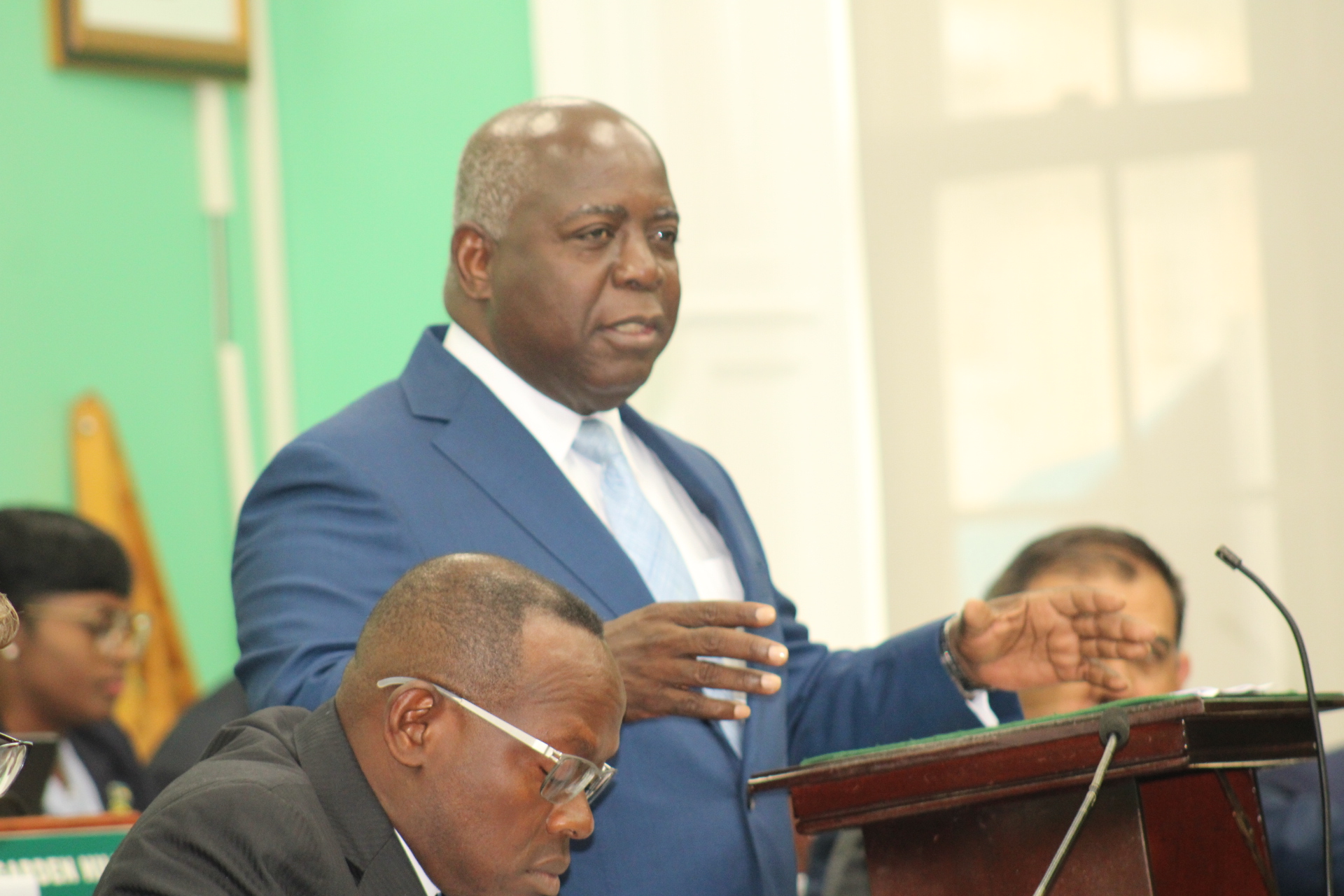Bahamas News
PM states HCA model not working during budget debate

Bahamas News
Groundbreaking for Grand Bahama Aquatic Centre
Bahamas News
Tens of Millions Announced – Where is the Development?
Bahamas News
What Happens When Police Arrest 4,000+ Wanted Suspects and Tighten Bail
-

 TCI News1 week ago
TCI News1 week agoExperience Turks and Caicos and Aquila Host Product Development Workshops to Strengthen Sister Islands Tourism
-

 News7 days ago
News7 days agoThe Department of Trade, Industry & Fair Competition to Host Export Readiness Workshop Under the theme “Empowering TCI Businesses for Local Growth and Global Markets.”
-

 Bahamas News4 days ago
Bahamas News4 days agoTens of Millions Announced – Where is the Development?
-

 News6 days ago
News6 days agoStrong December Performance Signals Continued Demand for the Turks and Caicos Islands
-

 Bahamas News3 days ago
Bahamas News3 days agoGroundbreaking for Grand Bahama Aquatic Centre
-

 Caribbean News7 days ago
Caribbean News7 days agoMottley Sworn in After Historic Clean Sweep in Barbados Election
-

 Health3 days ago
Health3 days agoWhat to Look for with Self-Checks at Home
-

 News1 week ago
News1 week agoMulti-Agency Planning Enforcement Operation Conducted at multiple locations in Providenciales













